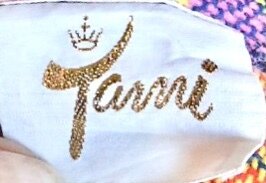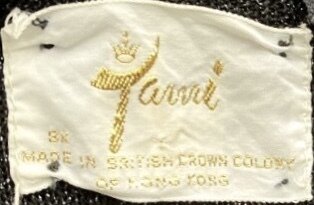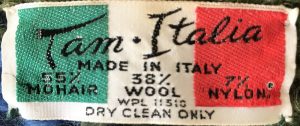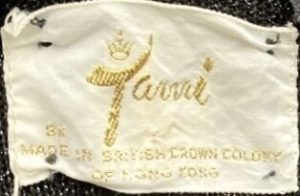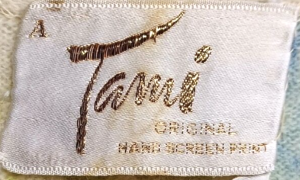Tami sportswear and its subsidiary Tami, Inc. was a San Francisco-based designer, wholesaler and manufacturer of medium- to low-priced women’s sportswear, including skirts that were often paired with sweaters from Darlene Knitwear. The company’s founder and president, Lionel Louis Bernstein began manufacturing and importing sweaters from Europe in the mid-1950s. In the 1960s through the late-1970s, Tami sportswear/Tami Inc. was owned by Athlone and Terry Glynn was the designer. By 1972, the company was importing the majority of its products – all knit tops, from Hong Kong and Taiwan. Tami also owned a subsidiary company in Hong Kong that would purchase and store yarn, dye it, then send it on to knitting factories before shipping back to San Francisco to be included in orders with locally-produced products. Domestic production was done by union workers at a large in-house factory. The company cancelled its trademark in 1983.
Written by Ranch Queen Vintage
